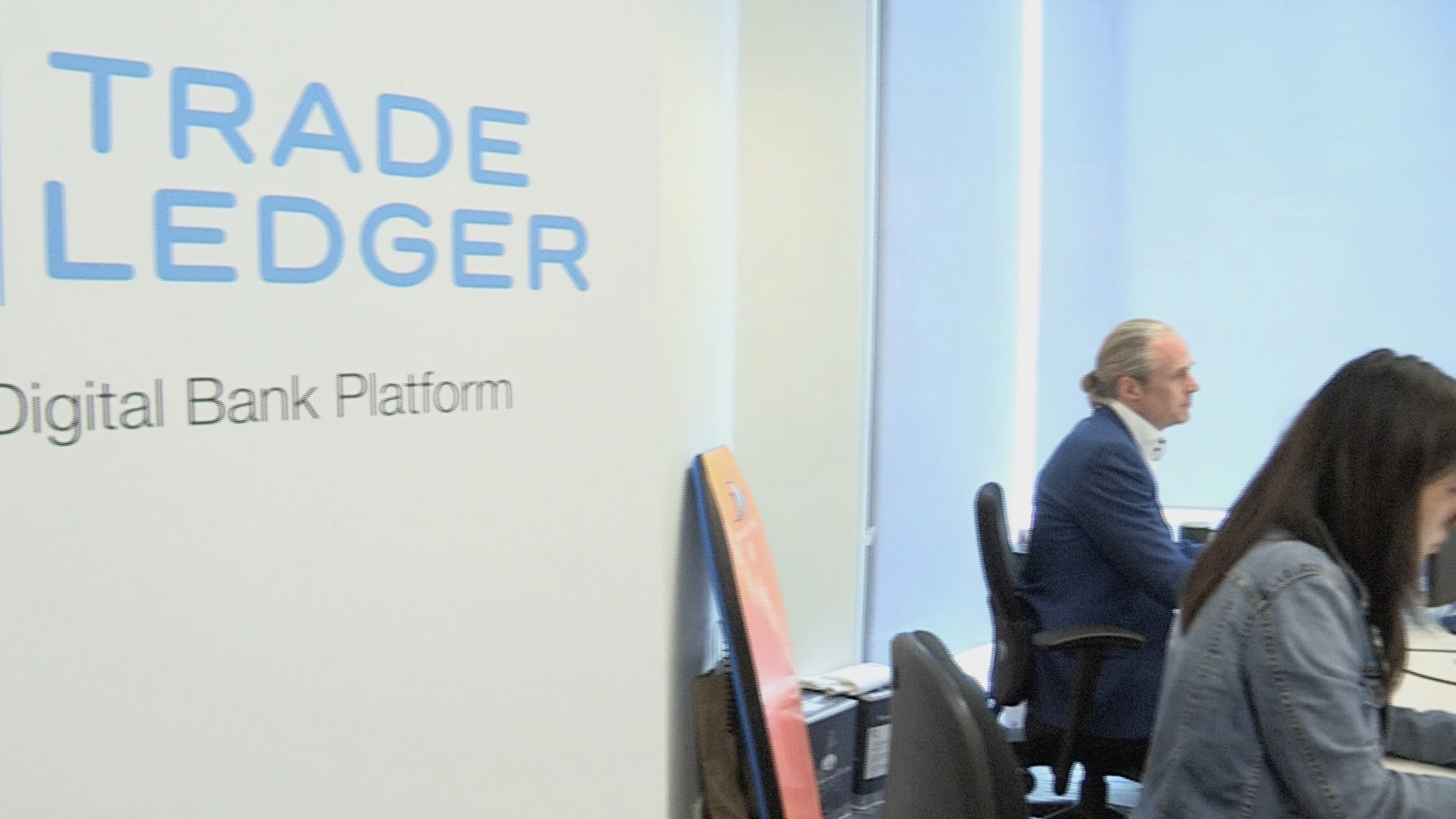
World
22:23, 07-Nov-2017
Australia's digitalization push for smaller businesses
By Greg Navarro

Entrepreneur Tim Cannon faces a common challenge among small business owners just starting out – how do you turn a concept into a successful business?
Cannon is the CEO of Livestock Labs in Sydney and along with a handful of employees, the company has created an implantable technology that allows farmers to better monitor their cattle.
“You know immediately if the cow is having a problem and then that way, you can address it before it becomes a big problem and spreads to other things,” said Cannon.
Now, the 38-year-old entrepreneur knows he needs to turn that concept into a successful business. To do that, he’s utilizing the resources of a Sydney tech accelerator and the Australian government.

Tim Cannon and his employee /CGTN Photo
Tim Cannon and his employee /CGTN Photo
“It helps us understand how is it that businesses become businesses even though they’ve got a great idea because that is not enough,” said Cannon.
The success of Cannon’s company and other small and medium-sized businesses in Australia can have a much broader impact, especially when you consider the numbers.
In fact, small and medium-sized enterprises make up about 97 percent of private sector businesses in most countries around the world.

Tim Cannon / CGTN Photo
Tim Cannon / CGTN Photo
“Most economies, local economies rely on small businesses to thrive and survive, especially in rural areas so they provide employment, a cross section of services, so while you’ve got big businesses that provide large scale production, food and mining, you have still got a lot of services, financial services, consulting services, educational services that are pretty much made up of small and medium enterprises,” said Gary Gregory, a researcher at the University of New South Wales.
The increase in globalization and free trade agreements means that cross-border business is becoming easier, particularly across the Asia-Pacific region.
“I’ve seen the Australian government for 10-15 years providing assistance for small and medium enterprises, particularly through Austrade, to try to get them to export more, reach out to other markets,” said Gregory.
That effort includes a greater push towards digitalization, which experts say is lacking in many smaller businesses.

Trade Ledger, a Sydney-based company /CGTN Photo
Trade Ledger, a Sydney-based company /CGTN Photo
Trade Ledger is a Sydney-based company that works with banks and lenders to provide more capital for smaller businesses by creating a digital platform to streamline the process.
“When our customers apply for working capital from a bank, generally without this type of digital technology, the amount of work is about 30 hours and most of that is filling out forms and completing the interviews with bank staff,” said Trade Ledger CEO Martin McCann. “If they use our platform to make the application the average application time is 4 minutes and there is not a single form to be filled out.”
Tim Cannon is optimistic about the opportunities that exist for his company's technology.
“We are truly in an age where globalization is happening and happening fast,” said Cannon.
The goal, he added, is to make sure that technology is supported by good business decisions.
8961km

SITEMAP
Copyright © 2018 CGTN. Beijing ICP prepared NO.16065310-3
Copyright © 2018 CGTN. Beijing ICP prepared NO.16065310-3